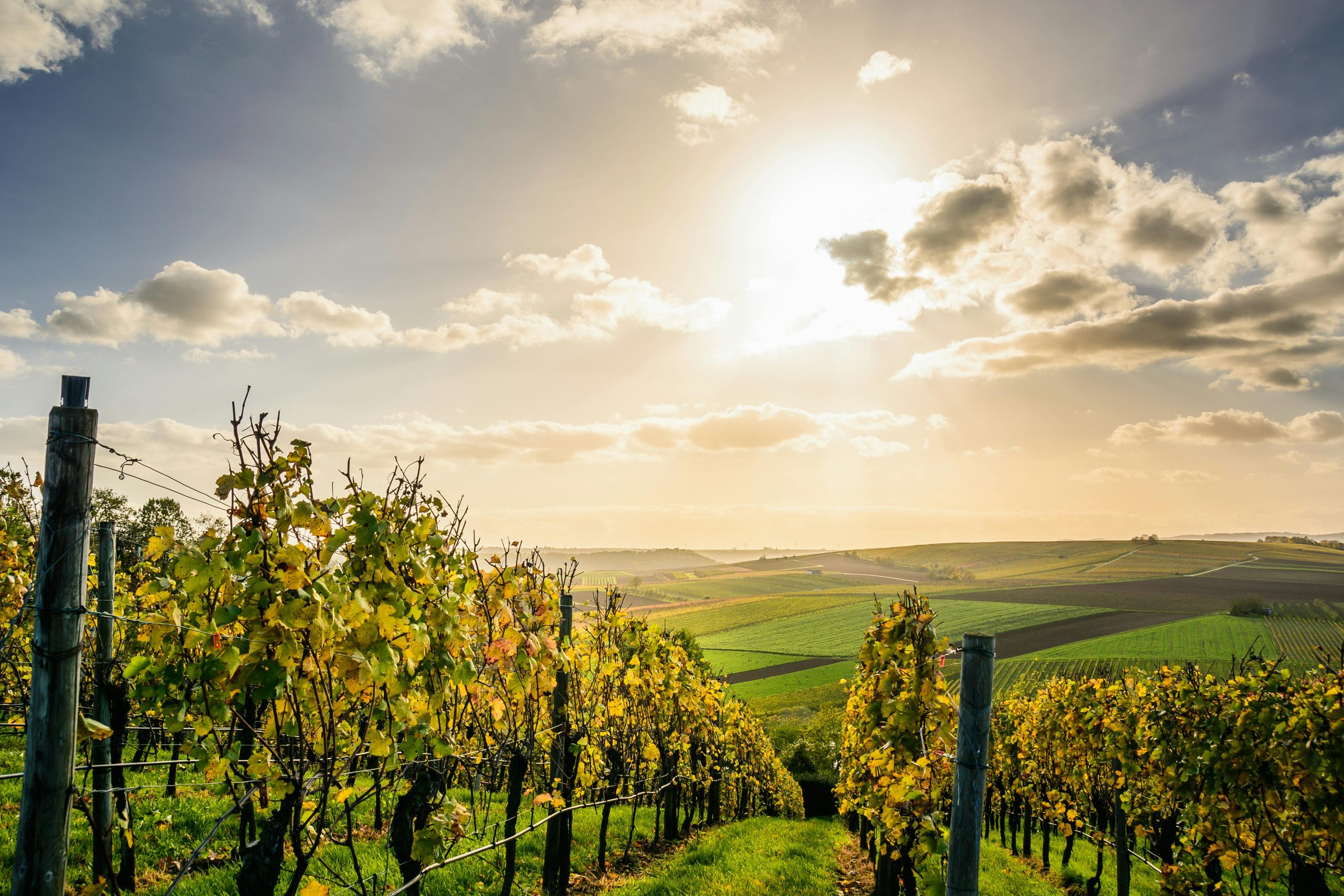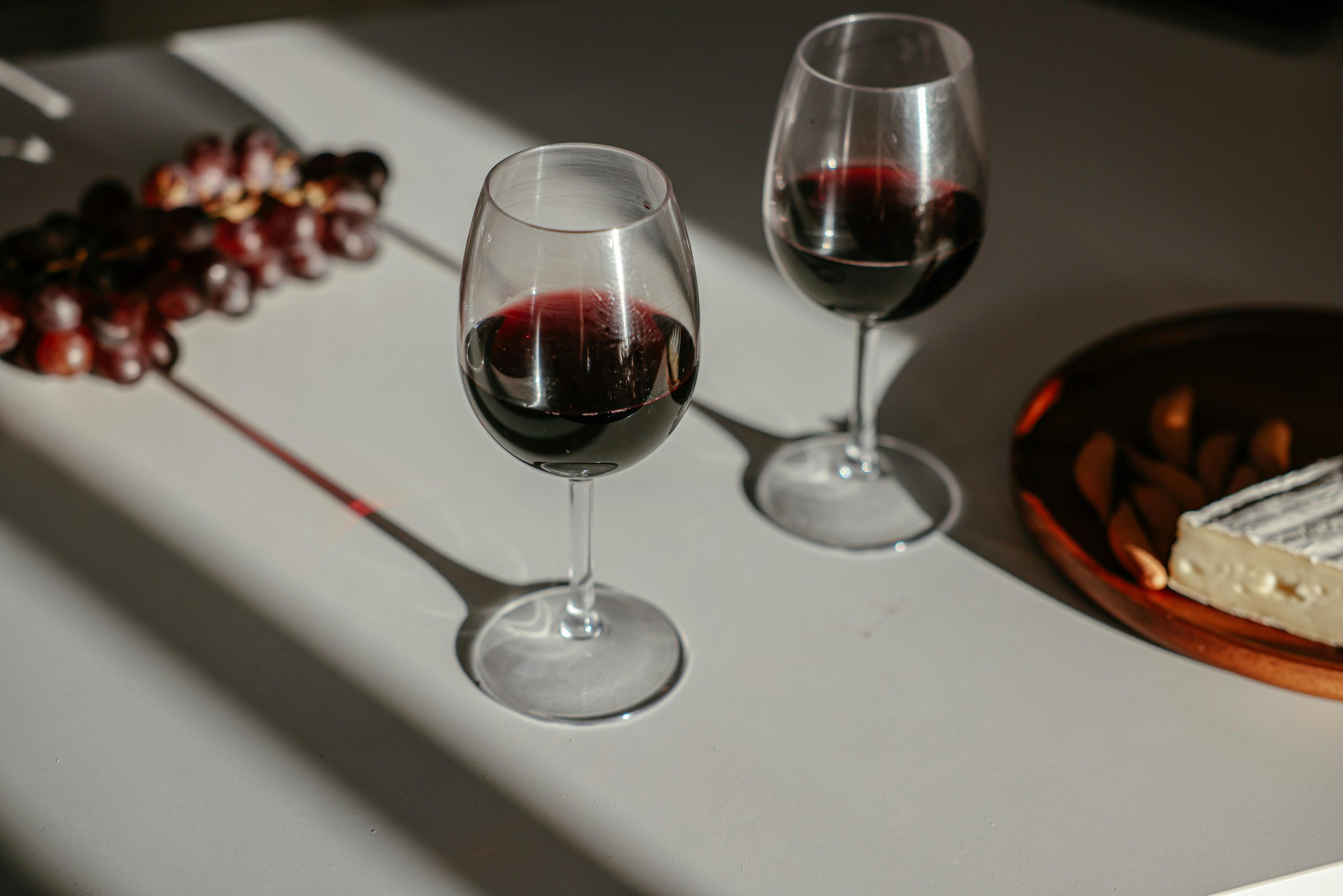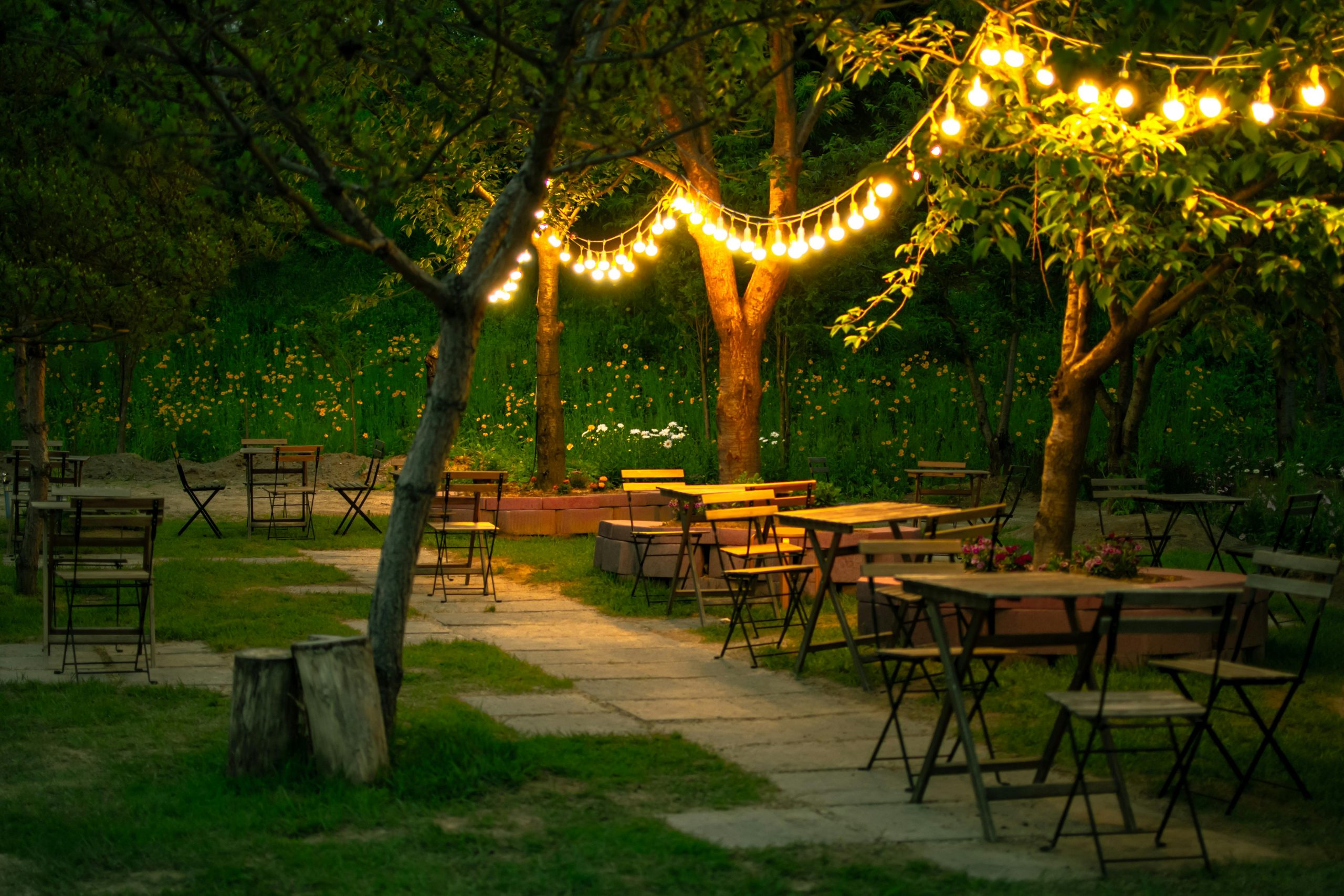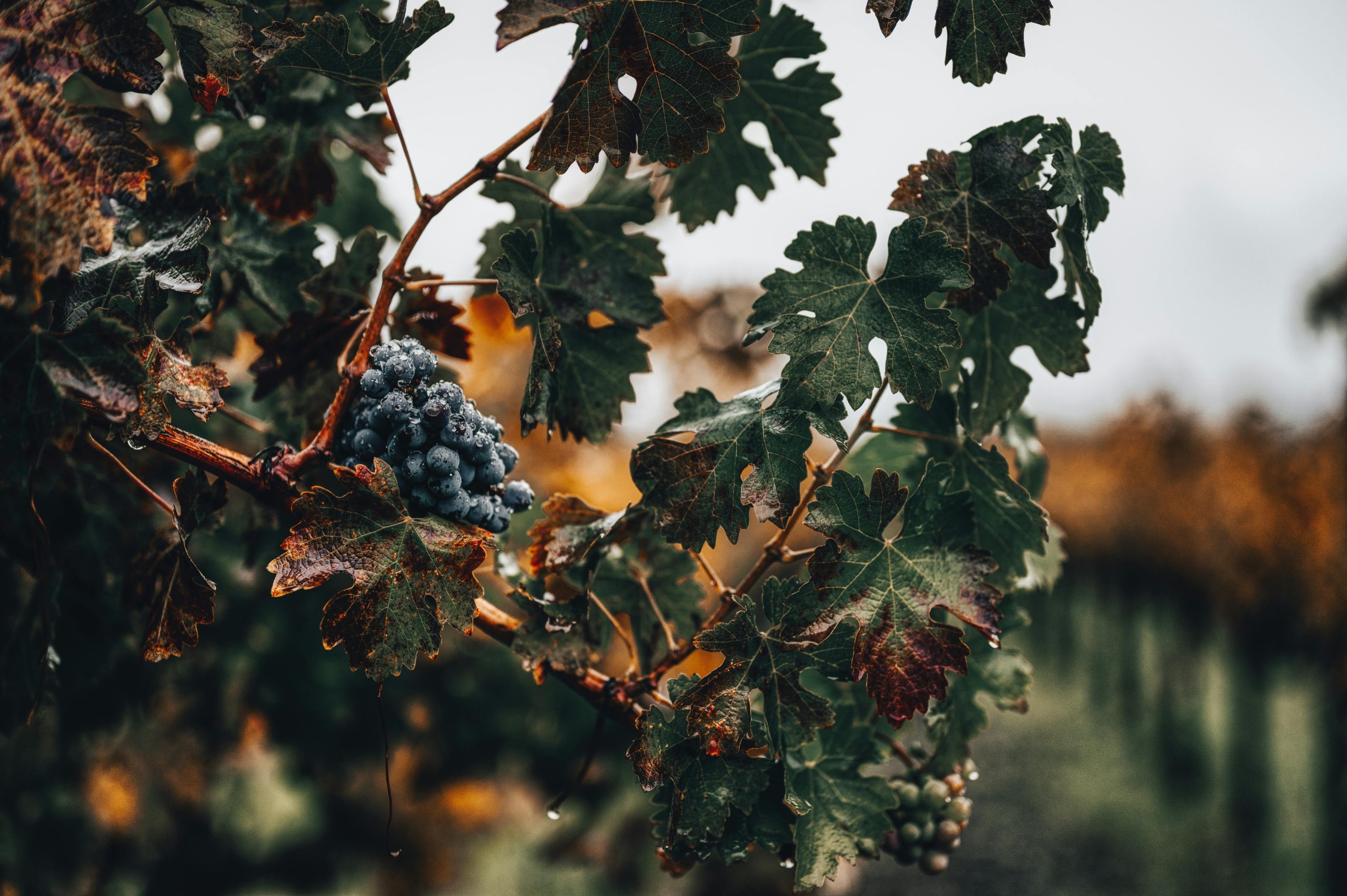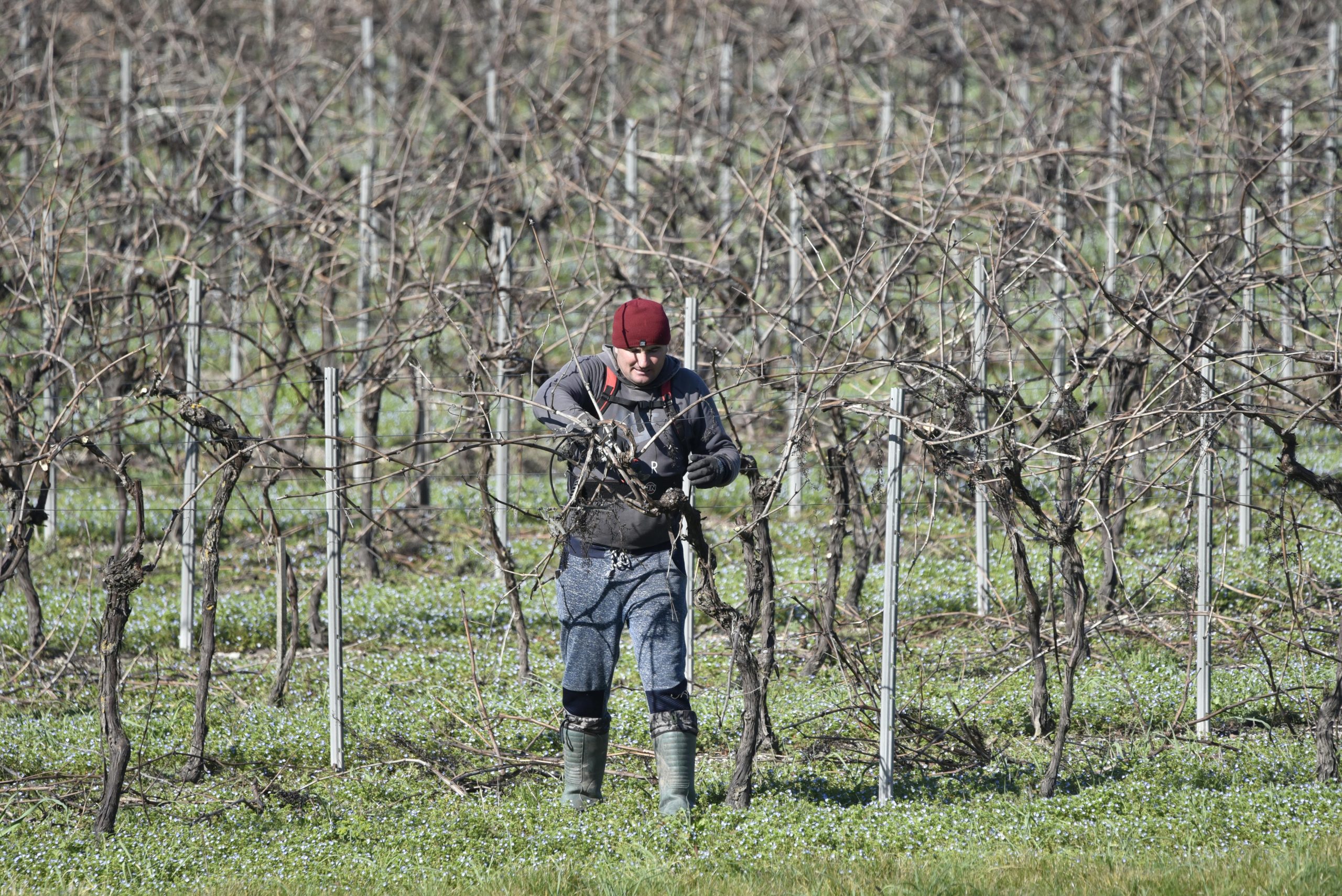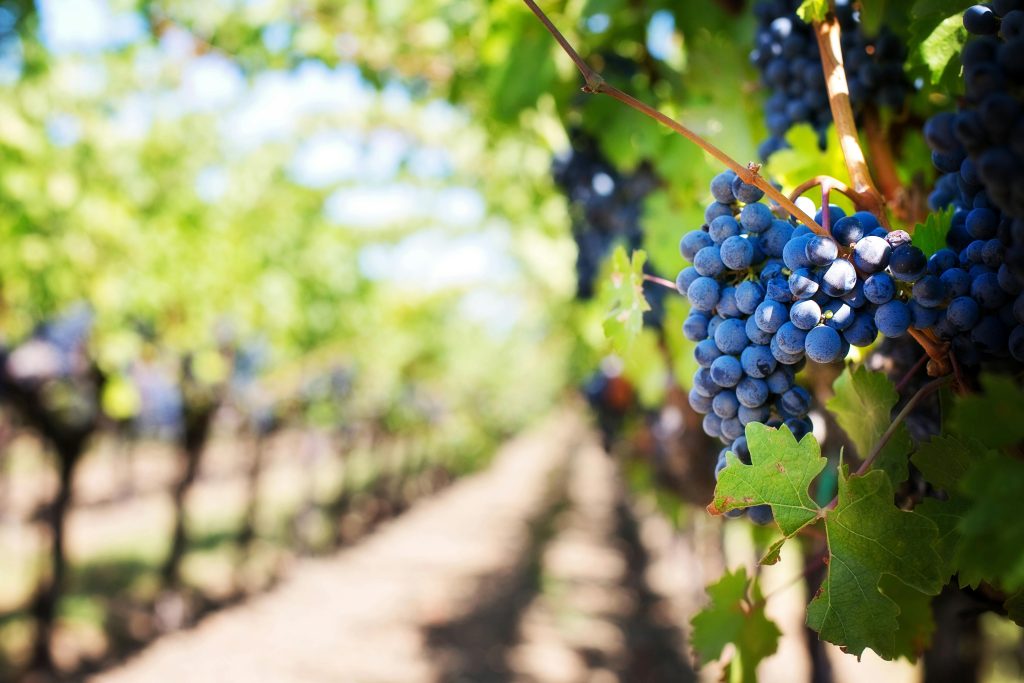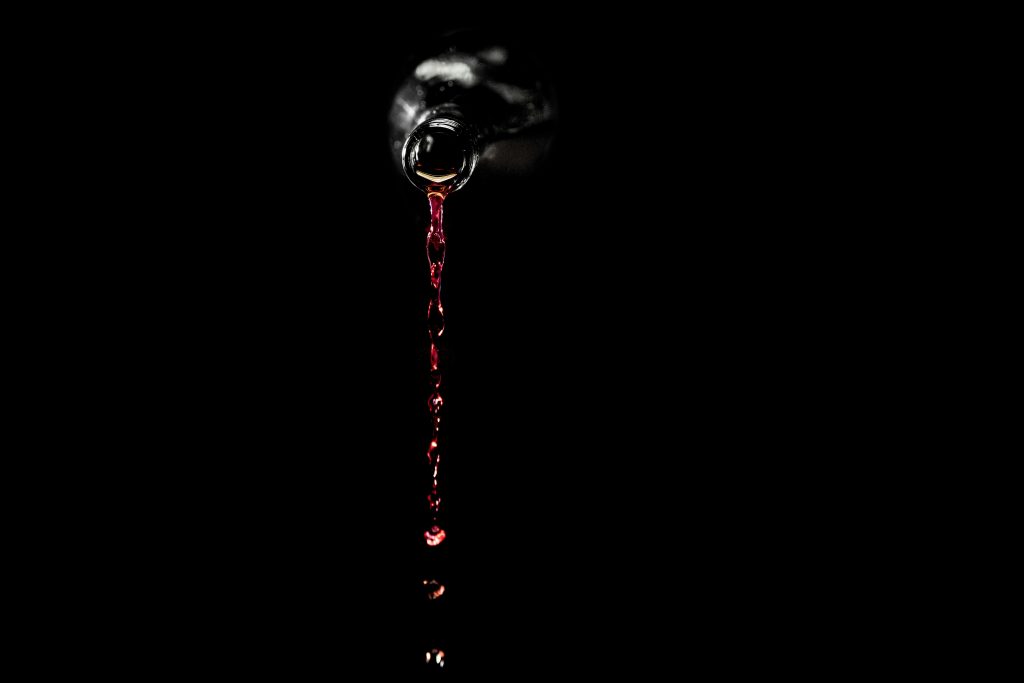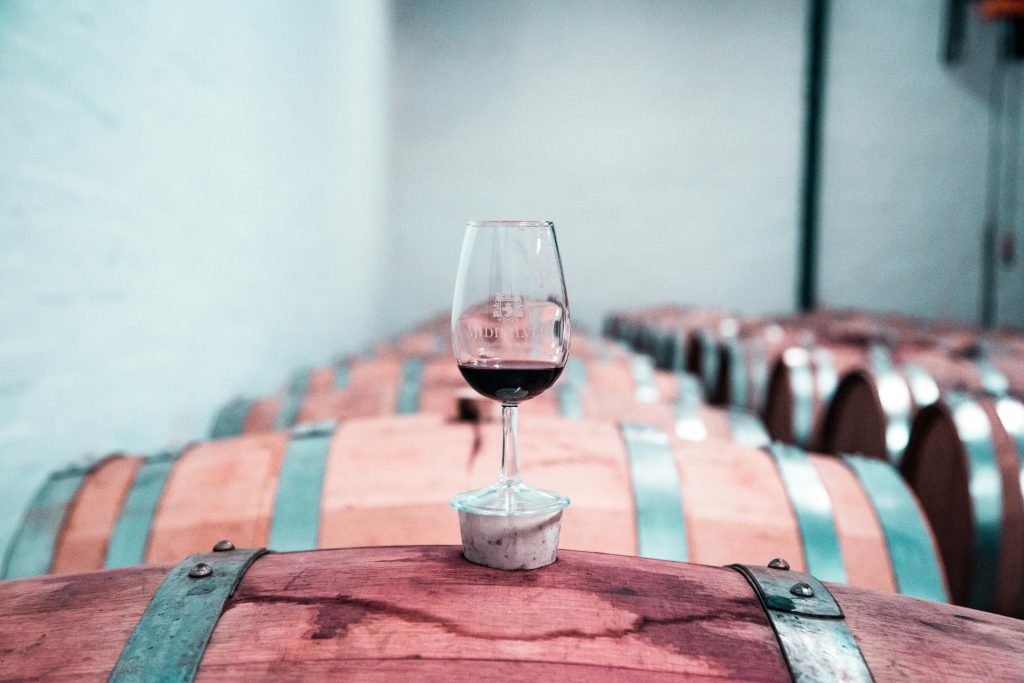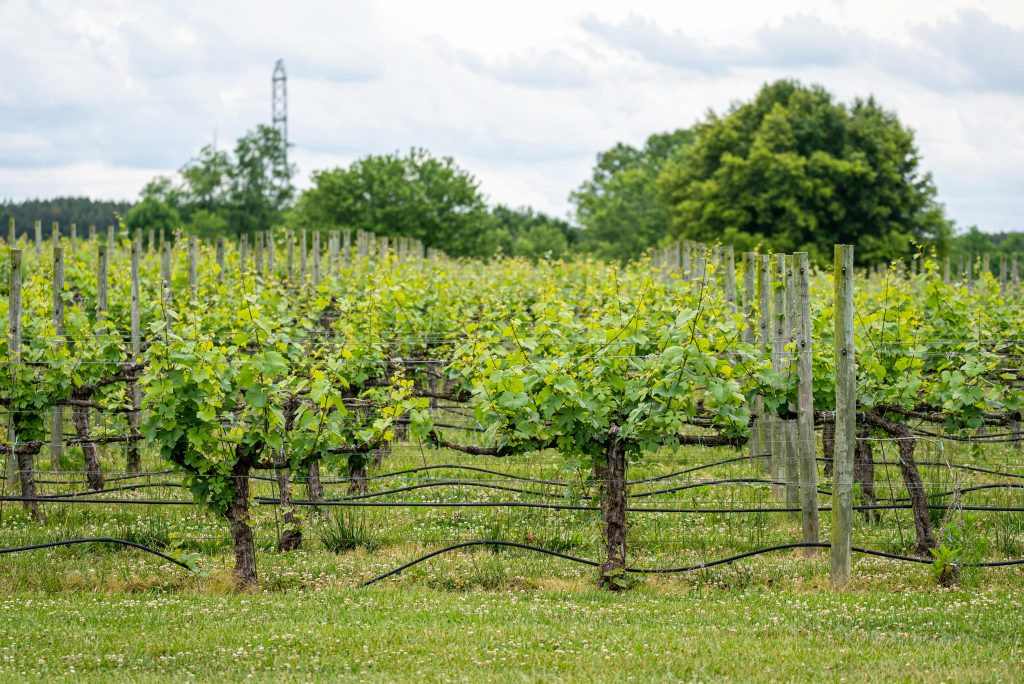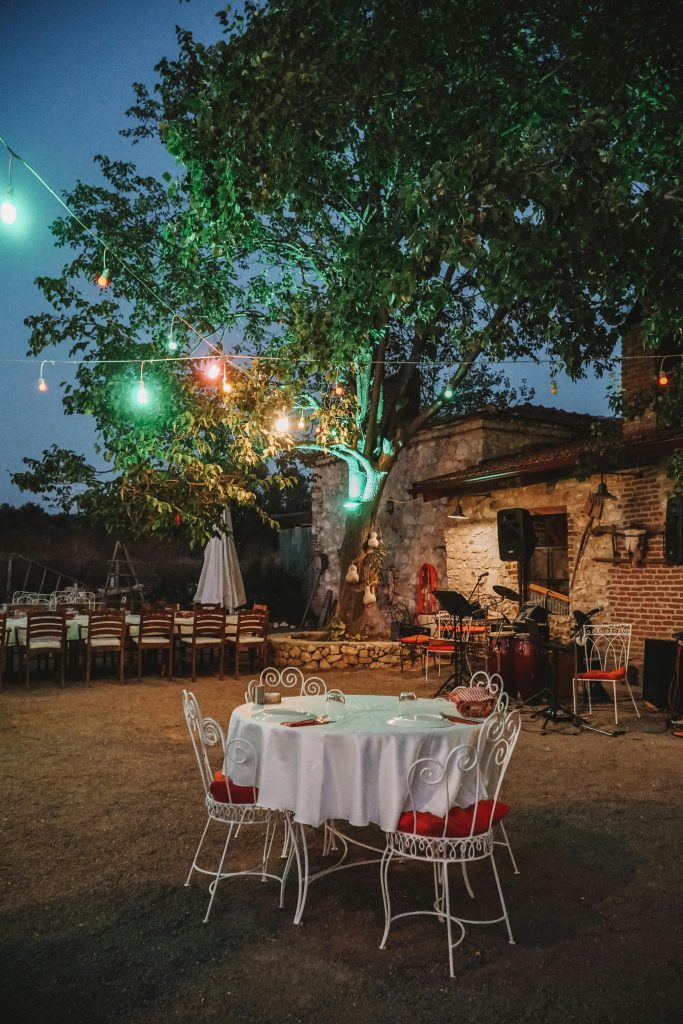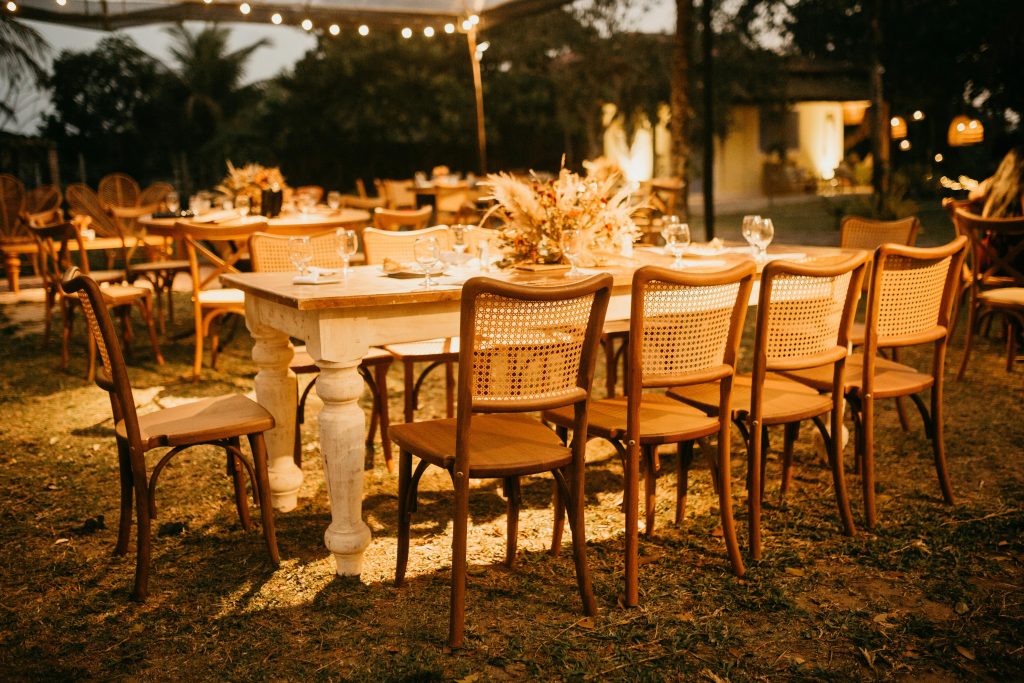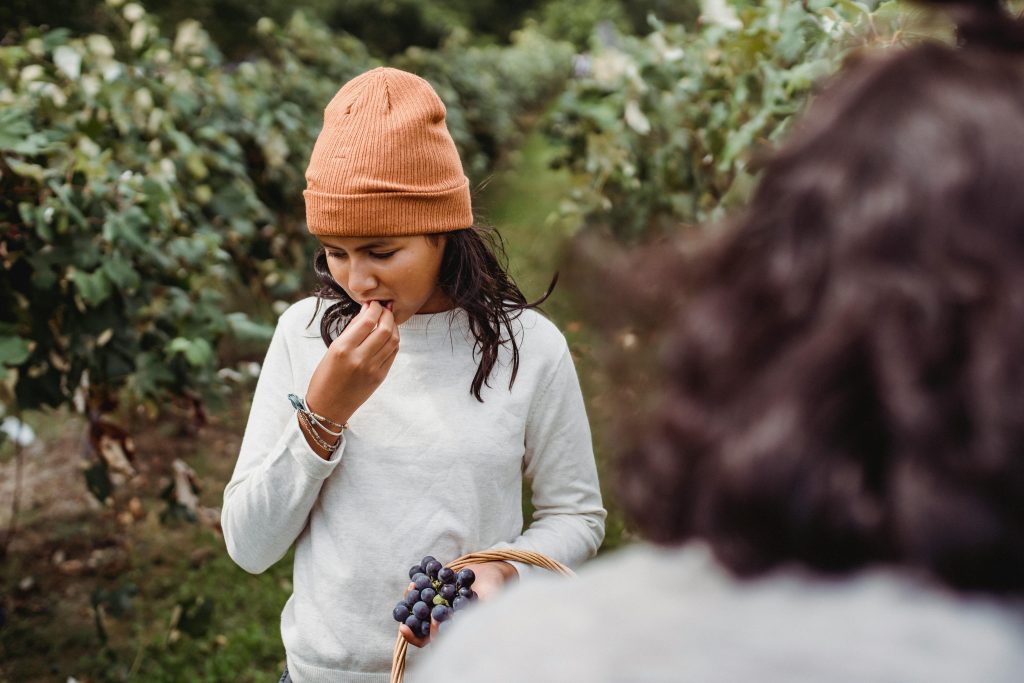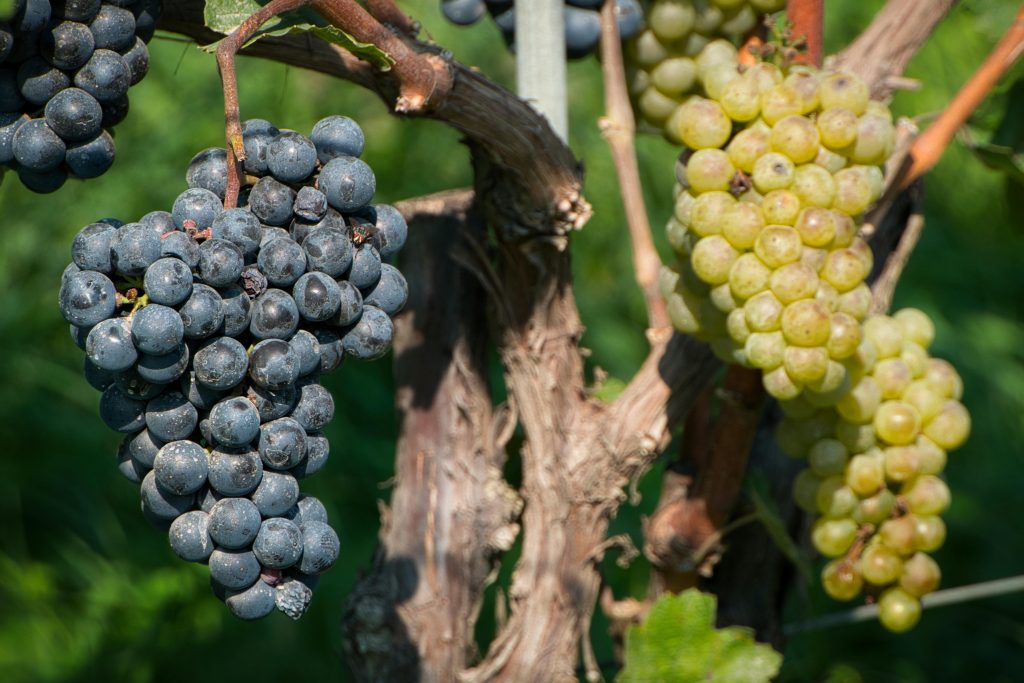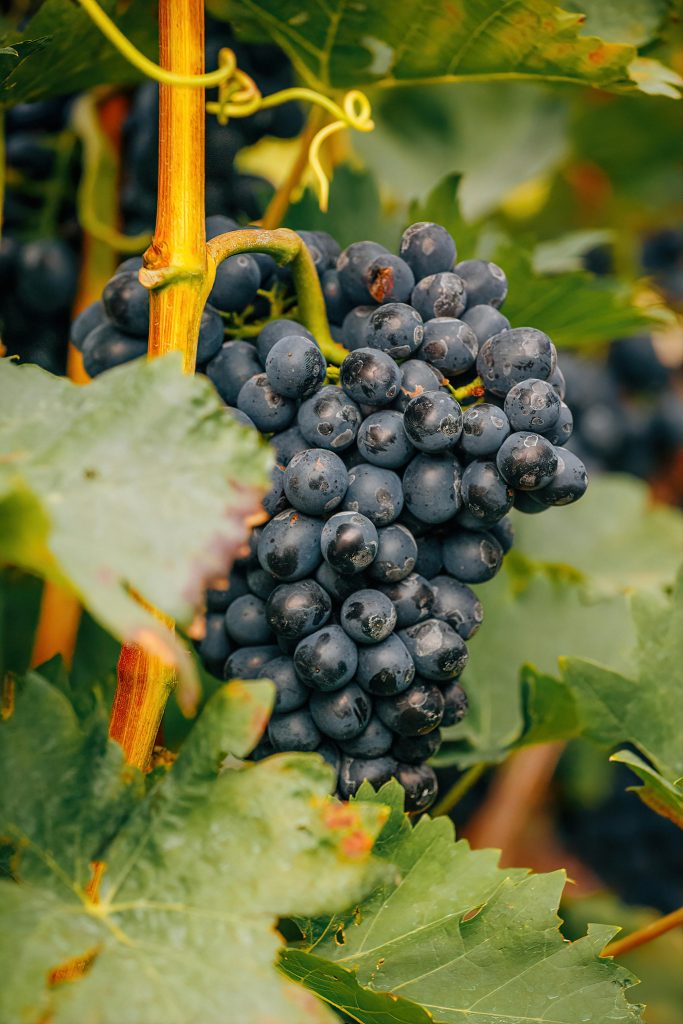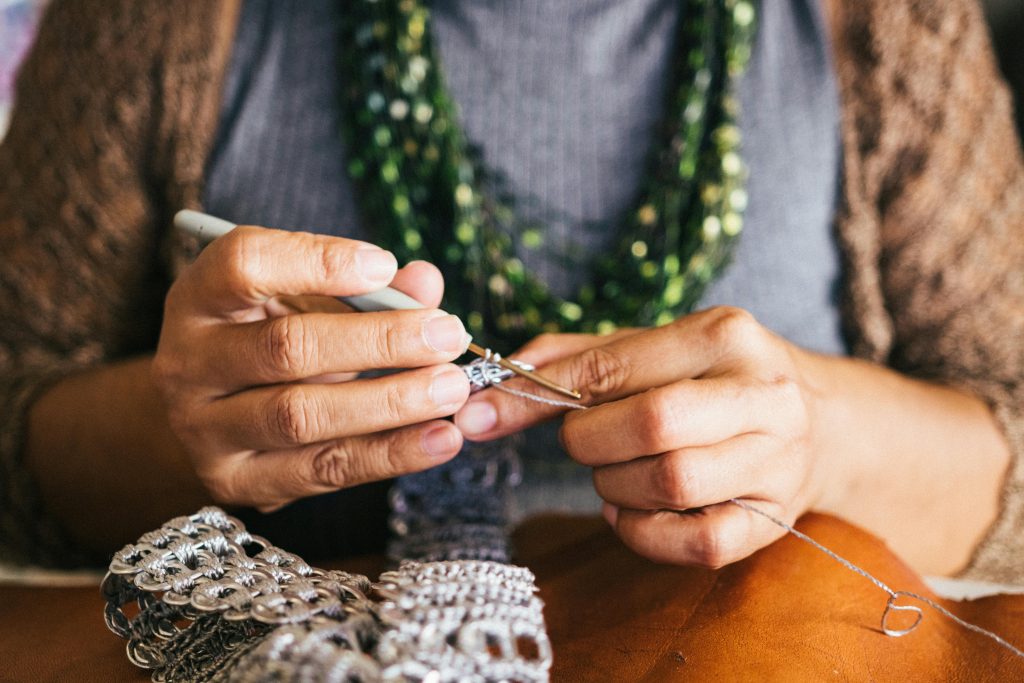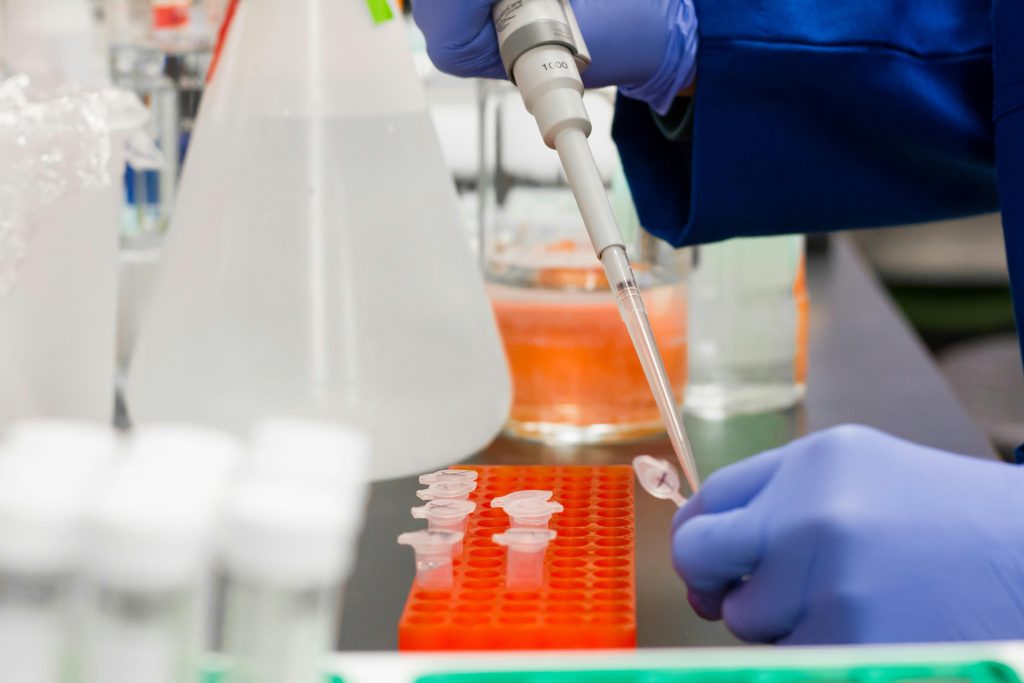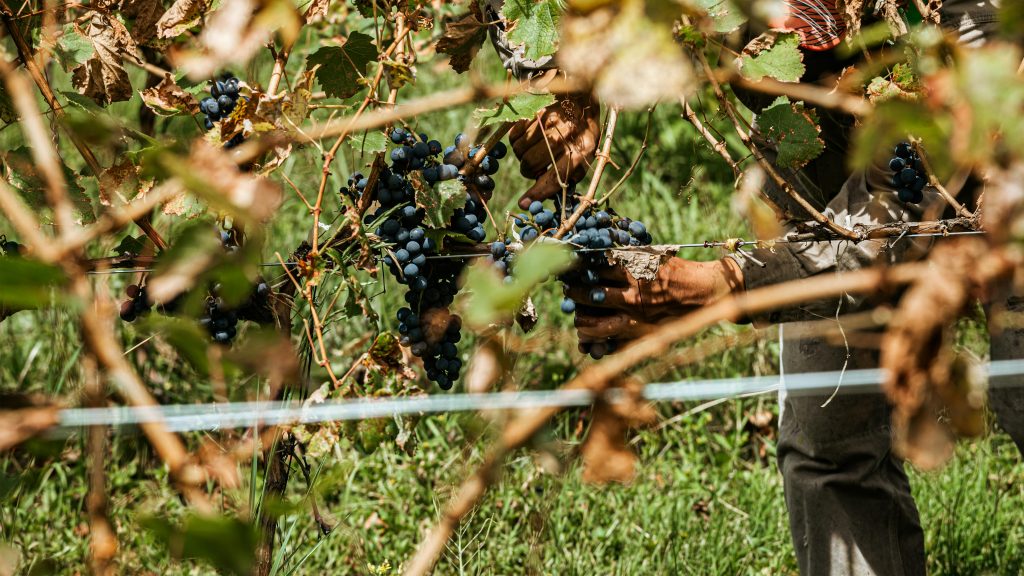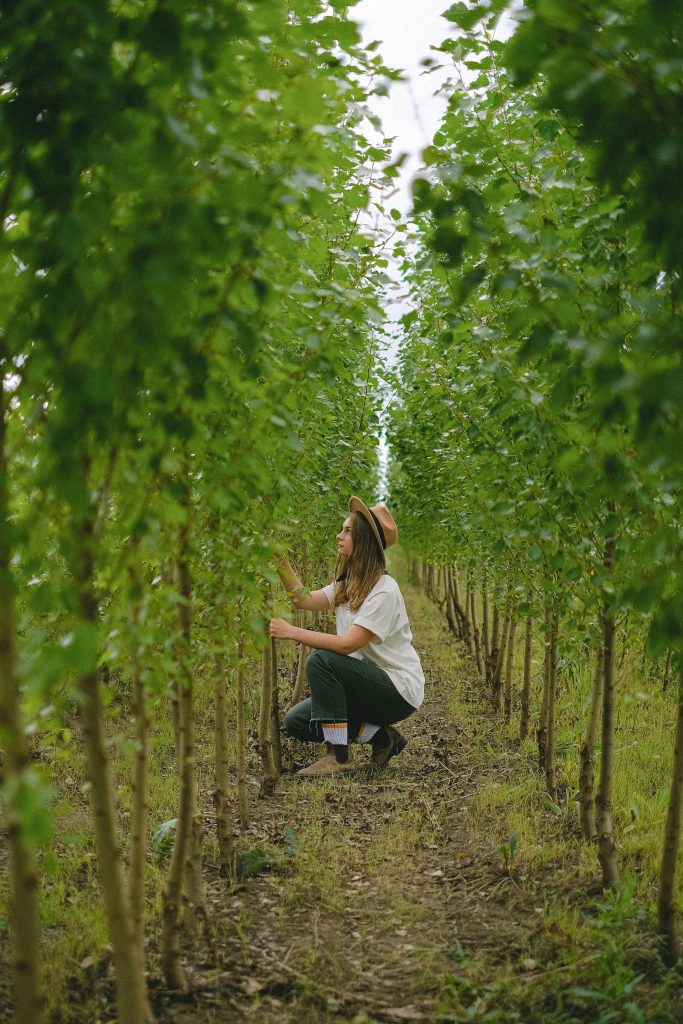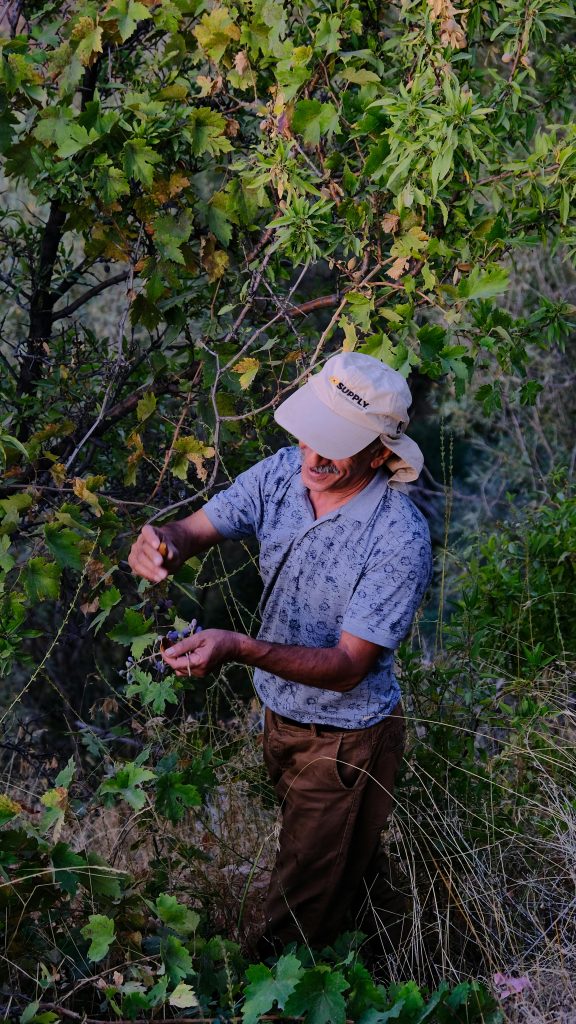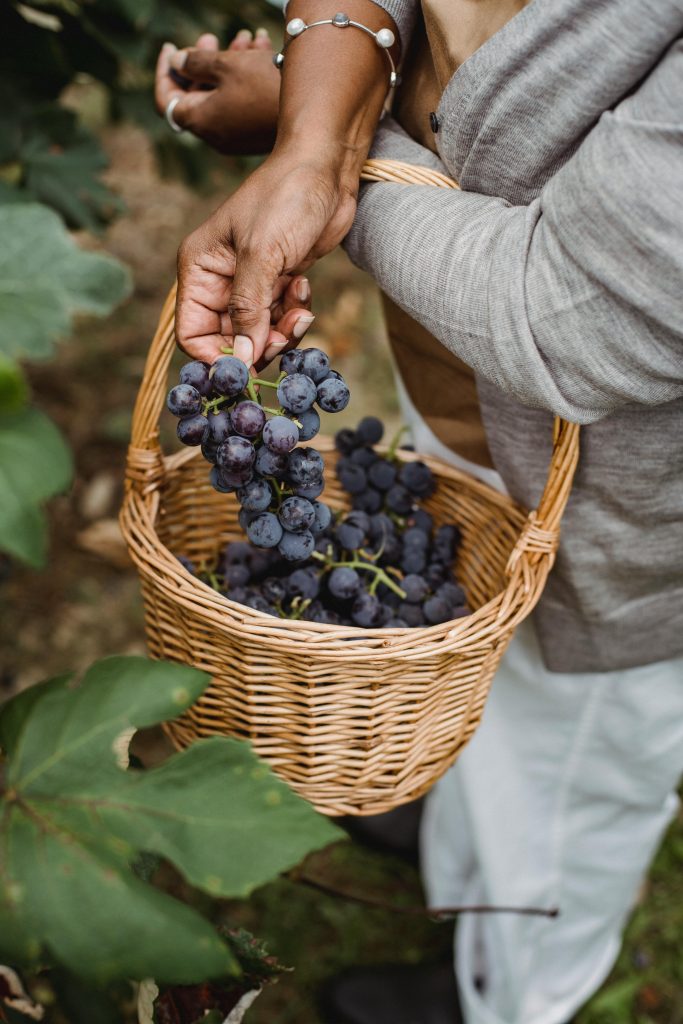Growing Your Own Wine: Can I Still Use Baking Soda in My Vineyard?
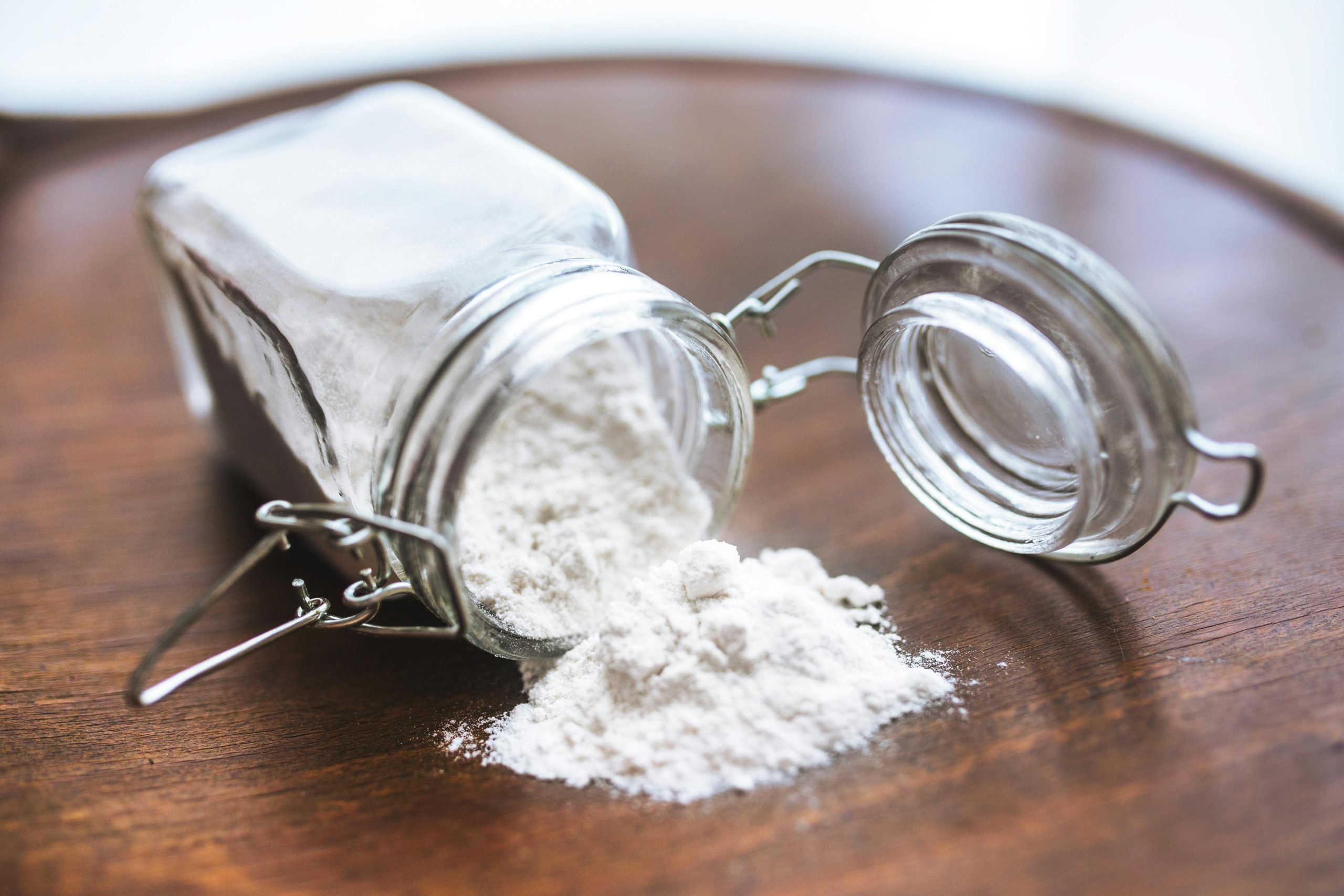
The battle over a humble pantry staple that once helped keep powdery mildew at bay
You’d think something as simple and harmless as baking soda wouldn’t spark controversy. But here we are. Across professional vineyards in Germany and beyond, winemakers are fuming. Why? Because they’re no longer allowed to use regular baking soda to fight powdery mildew on their vines.
Yep, the same baking soda you can buy in any supermarket for less than a euro—or scoop from your kitchen shelf—is now off-limits for the pros. Instead, they’re required to use a new product that’s identical in composition but costs up to six times more. Sound ridiculous? Many winemakers think so too.
Let’s unpack what’s going on, what baking soda is actually good for in the vineyard, how it’s applied, and—most importantly—what this means for us backyard growers who just want healthy grapes.
What Is Baking Soda and Why Do Winemakers Use It?
Baking soda, or more precisely sodium bicarbonate, is a white, powdery substance that’s been used for everything from baking cakes to cleaning drains. But in the vineyard, it’s long been cherished for something else entirely: combating powdery mildew.
This fungal disease (known as Erysiphe necator in scientific terms) is a big headache in viticulture. It forms a dusty white coating on grape leaves, shoots, and fruit, stunting growth and ruining crops. Think of it as a moldy cloak suffocating your vines.
Enter baking soda. It’s not a fungicide in the traditional sense—it doesn’t kill the mildew directly. But it does change the pH on the surface of the plant, making it less hospitable for fungal spores to spread. It’s cheap, it’s easy to mix with water, and it’s safe for the environment.
For years, both home growers and commercial vineyards used it freely. Until now.
The Rule Change: What Happened?
Here’s where things get complicated. Under EU law, substances used in agriculture fall into two categories:
- Basic substances (Grundstoffe) – not primarily made for crop protection but allowed when they’re shown to be useful and safe.
- Plant protection products (Pflanzenschutzmittel) – officially registered pesticides or treatments, often patented and commercially sold.
Baking soda used to fall under the “basic substance” category. Winemakers could buy it in bulk from baking supply stores or agricultural suppliers and use it as they liked.
But recently, a company in Baden-Württemberg obtained official approval to market a plant protection product made almost entirely of—you guessed it—baking soda. It goes by the name Natrisan and is now the only sodium bicarbonate product allowed for vineyard use in Germany and Austria.
The twist? According to EU law, a substance can’t be both a basic substance and a registered plant protection product. So once Natrisan was approved, baking soda lost its status as a permitted “basic substance.” That means commercial winemakers can’t legally use regular baking soda anymore, even though the ingredient is the same.
Why Winemakers Are Upset
Imagine paying €15 for something that used to cost €2. That’s what’s happening here. Switching to the registered product can increase vineyard treatment costs sixfold.
Take Simon Beiser, a winemaker in Vendersheim. He estimates this change will cost his operation an additional €5,000 per year. That’s not pocket change—especially in an industry already dealing with rising energy costs, climate change, and shifting consumer habits.
Another winemaker, Stefan Huschle from Offenburg, called the change “unreasonable and frustrating.” He, like many others, believes the current system favors commercial interests over practical farming needs.
The company behind Natrisan, Biofa, denies trying to profit unfairly and blames the EU Commission for pushing them into this move after allegedly using their data without proper compensation. Still, winemakers aren’t buying it. Many have threatened boycotts and voiced their frustration online and in the press.
👉 Here’s the original article in German from SWR, which gives more context on the issue.
What Does This Mean for Home Growers?
Here’s the good news: If you’re like me and just have a few vines in your backyard, you can still use regular baking soda.
Since the restriction only applies to commercial, professional growers, hobbyists and small-scale gardeners are free to keep using their pantry staple.
That’s a relief for many of us who rely on cost-effective, gentle solutions. It also raises a good opportunity to revisit how to use baking soda safely and effectively in your home vineyard.
How to Use Baking Soda to Combat Powdery Mildew
If your vines are showing signs of powdery mildew—white patches on leaves, curling foliage, or dusty-looking grapes—baking soda can help. Here’s how to apply it properly:
DIY Baking Soda Spray Recipe
Ingredients:
- 1 tablespoon baking soda
- 1 liter of water
- Optional: a few drops of mild liquid soap (like Castile soap) to help it stick
Instructions:
- Mix the baking soda and water thoroughly in a spray bottle.
- Add a couple of drops of liquid soap if desired.
- Spray onto leaves and affected areas, ideally in the morning when plants are dry.
- Reapply weekly, especially after heavy rain.
Important Tips:
- Avoid spraying during hot midday sun to prevent leaf burn.
- Test on a small section first—some grape varieties may be sensitive.
- Don’t overdo it. Too much sodium can build up in the soil over time.
Comparing Baking Soda to Commercial Fungicides
Here’s a quick breakdown:
| Treatment | Main Ingredient | Price | Ease of Use | Environmental Impact | Who Can Use It |
|---|---|---|---|---|---|
| Baking Soda (homemade) | Sodium Bicarbonate | Very Low (€) | Very Easy | Low | Home growers only |
| Natrisan (Biofa product) | Sodium Bicarbonate | High (€€€) | Easy | Low | Licensed vineyards only |
| Sulfur-based sprays | Sulfur compounds | Medium (€€) | Moderate | Moderate (can irritate) | Home & commercial growers |
| Chemical fungicides | Synthetic actives | Medium–High (€€) | Varies | High | Commercial only (licensed) |
What’s the Bigger Picture?
This story isn’t just about baking soda. It’s about how regulation, business interests, and tradition intersect in agriculture. Many winemakers feel squeezed by rules that seem more bureaucratic than logical. When simple, safe solutions like baking soda get pushed aside in favor of pricier, branded alternatives, it raises questions about who benefits—and who pays.
The German Winegrowers’ Association sympathizes with affected farmers but notes that, legally, the system allows for this kind of transition. That doesn’t make it any easier for the people on the ground.
For us hobbyists, it’s a bittersweet reminder. We might not face the same restrictions, but the decisions made at the top often trickle down—eventually.
Want to Grow Grapes Without Chemicals? You’re Not Alone
If you’re trying to grow grapes with minimal intervention, you’re in good company. There’s a growing movement toward natural, sustainable viticulture, even on a backyard scale. From baking soda sprays to compost teas, people are rediscovering old-fashioned (and often better) ways of caring for their vines.
Here are a few alternatives that home growers like to experiment with:
- Milk sprays – believed to help with mildew due to natural enzymes.
- Neem oil – a natural pesticide and antifungal.
- Horsetail tea (Equisetum) – a traditional biodynamic remedy.
- Sulfur dusting – an age-old solution that’s still effective (with care).
No silver bullets, but these options are worth exploring if you want to keep your vineyard chemical-free.
Final Thoughts: Keep It Simple, Keep It Honest
At the end of the day, baking soda was never a miracle cure—but it was a practical, affordable, and environmentally friendly option. It’s frustrating to see it pushed aside in the name of regulation, especially when the new solution is chemically identical.
Still, for those of us with just a few vines and a pair of muddy boots, the power of baking soda lives on. So don’t toss that box just yet. Your little vineyard can still benefit from one of nature’s most underrated tools.
Related Reads
- Curious about other natural wine experiments? Check out our recipe for dandelion wine.
- Want more tips for small-scale wine growing? Explore more stories in My Little Vineyard.
